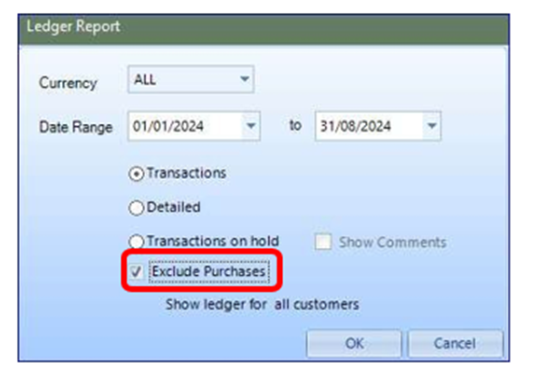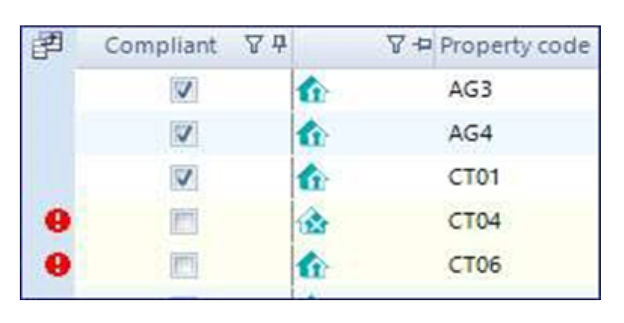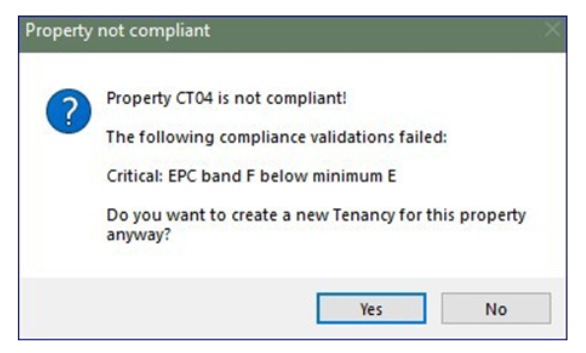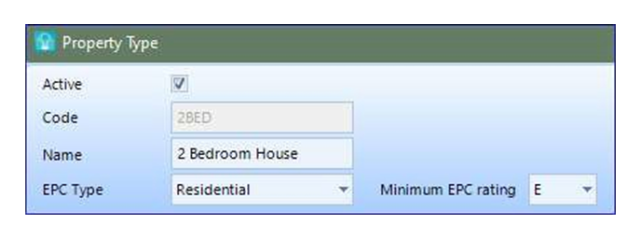The rollout of KEYPrime Version 13.5 has commenced. All PC and network install KEYPrime customers will receive notification that this is available for them to install via the Launchpad, while our hosted customers will have the install completed for them and will receive a separate notification by email.
We’ve summarised changes you’ll find in the update in this post but for full details, we recommend that you click the button below and take a few minutes to read the release notes which cover the improvements in both KEYPrime Accounts and KEYPrime Property products, including further instruction on how to use them too.
Updates to the KEYPrime Accounts range
Daybook
A new feature has been introduced which will help make Inter-Company transactions easier.
Customers now have a new icon at the top right of the details screen which is used to create the Inter-Company link. Click on the button to open a list of the active companies available to link to.
Select a company and enter the Supplier code in that company which will be used to raise the Purchase invoice. Only one link, to one supplier in each company, can be created.
When a Sales invoice has been raised on this customer, a new Batch will be created in the linked company with the name Inter-Company Transactions.
Ledgers
Credit card transactions can now be imported so they can be reconciled using Direct Feed.
The Credit Limit for Customers and Suppliers has been increased to £999999999.99.
The description from the first line of an invoice will now show in Statements, rather than that of the highest value line.
There is a new option available from the field chooser to show the bank details in the global traders listing screen.
A new bank auto match import format for Weatherby bank has been created. This is called Weatherbys C.A.
Utilities
Dext Prepare can now be set up for enterprises, so these have been included in the exports and, most importantly, can be imported back in.
Reports
It is now possible to drill down on the depreciation figure in Management reports.
There is a new option in the Trader ledger reports to select to report on Only Sales or Only Purchases by excluding transactions from the other ledger:
Property
Compliance enhancements
There is a new option on the Property listing screen to view the compliance status of the properties.
When ticked, a new field will be shown on the left hand side which indicates whether a property is compliant or not.
If a property is not compliant an error icon will be displayed. Moving the mouse over the error icon will show the tooltip with all performance issues found, in order: Critical, Statutory, Recommended, Informational.
When entering a new Tenancy there will now be a warning given if the Property is not Compliant.
The Property Active field has been added to the Compliance screen and can be selected from the field chooser. The screen defaults to show only Active properties but there is a tick box to Show inactive properties as well:
Also there is now a Go to Property List in the Compliance screen. This has been added to help identify which properties are missing a specific Compliance task or action.
EPCs
To help landlords meet the minimum EPC requirement there is now the option to add a Minimum EPC value to properties. This is entered against the Property Type. There is a new option to set the EPC Type to None for such things as Land.
In the Property details screen the minimum rating is displayed beside the EPC type, above the Current and Potential values.
If the property type e.g. Land is set to None and the EPC minimum is set to None the EPC fields will be greyed out and the property will be ticked as Exempt.
A property which would normally have a minimum EPC rating but is exempt, e.g. certain listed buildings, this can be ticked as Exempt on the property details screen. The EPC report as run from Properties will display Exempt properties with an *:
Reverse Accruals on the next day
To allow for spreading of Rents evenly through the year, a new option on the Accrual creation tool in Property Landlords has been implemented.











